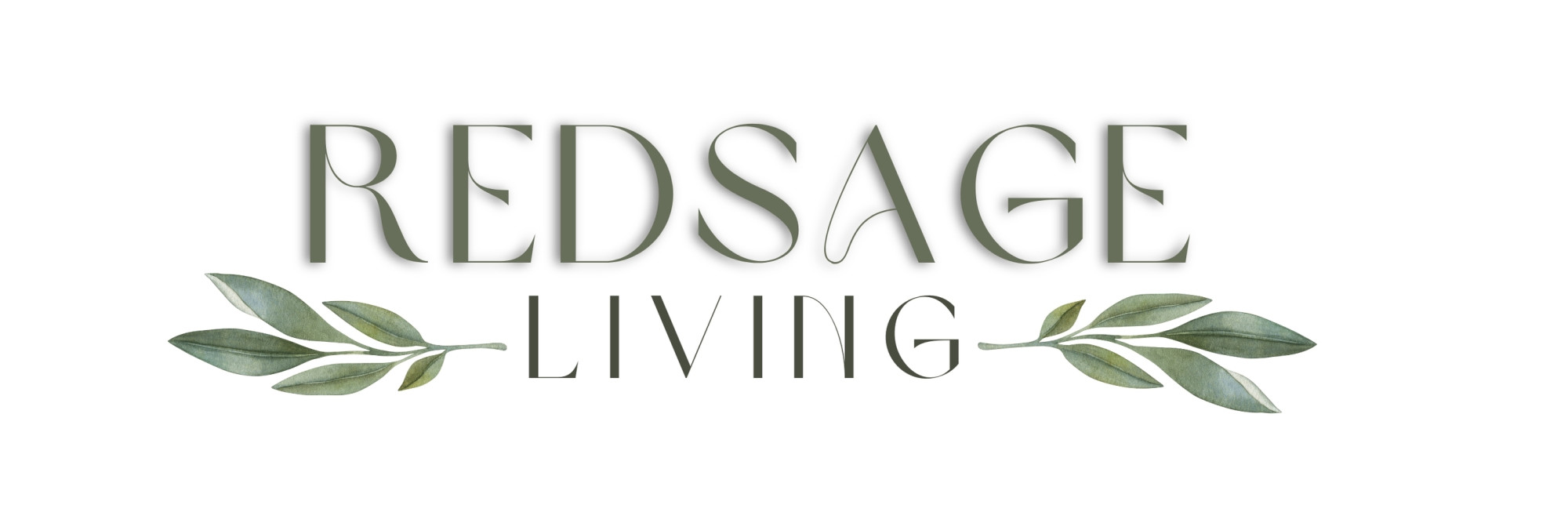
 Which of your senses is the first to trigger memories?
Which of your senses is the first to trigger memories?
Ever sit down to journal about something meaningful from your past but felt your words seemed flat like they were missing the special essence of the experience?
Dilemma solved!
There’s a super simple way to trigger those memories and ignite your descriptive journal entries.
We’ve journaled for years and didn’t make the connection.
We knew that, for some reason, we had better recall and more descriptive words and creative ideas on different days. We didn’t know if it was just us, our location, distractions, our personal difficulties with memory, or what.
Whatever the reason, we just didn’t feel like we were able to consistently harness our creative memory.
Any idea what the cue could be? Here’s a clue…

Have you ever smelled tree blossoms in the spring and been taken back to a childhood memory?
Ever noticed the scent of a perfume and immediately remembered a person from your past and maybe even a specific moment you interacted with them?
Let me share a bit of the science.
The research on scent-triggered memories is so astonishing that results are giving hope to new Alzheimer’s treatments.
Ever heard of the “Proust effect?”
That’s what it’s referred to by neuroscientists and psychologists. There’s a common French expression, Madeleine de Proust, that references smell, tastes, sounds, or other sensations that bring back memories from your past.
The name came from a 1913 famous novel by Marcel Proust titled, “Swann’s Way.” In the book, he described a flood of memories from his childhood that came pouring back after his mother offered him a madeleine cake dipped in tea. This important olfactory connection links to the memory portion of the brain.

Medical News Today, Psychology Today, Live Science and Nature Communications are just a few of the magazines publishing articles about this research. Studies show a direct connection to how our brain recalls and connects smells with stored information on space and time including emotions. It’s called episodic memories or long-term memory.
Scents trigger powerful memories, especially those that have strong emotions.
Why? The way that your sense of smell is wired to the brain is like no other sense. It travels directly to the emotional and memory regions of your brain. All other senses travel to the thalamus first, which triggers the rest of your body to feel, see, or hear.
Scent bypasses the thalamus and goes directly to the hippocampus and amygdala.

Here’s another place where the power of essential oils comes into play!
Before writing in our journal or working on any creative project that involves memory—including studying and the need for recall in our work— we either diffuse or topically apply specific essential oils.
Which essential oils do we use for triggering memories?
There are numerous single oils and blends that we have incorporated into our workspace. The oils we're listing here are just a few with known properties directly connected to memory.
•Rosemary: Stimulates memory and opens the conscious mind.
•Sage lavender (Spanish Sage): Helps improve mood, alertness & memory. It may help harmonize and balance emotions and reduce stress. It may also be beneficial for Alzheimer’s disease.
•Peppermint: Mentally stimulating. Helps you stay alert. Dr. Dembar of the University of Cincinnati discovered in his research that peppermint oil increases the mental accuracy of students by up to 28%.
•Clarity™: For memory retention and mental alertness. May also help with low energy and recall when used both during study and testing your knowledge.
A few other essential oils we keep handy for journaling, which may trigger your best memories, are lemongrass, Mister™, and Mountain Savory.
So, start your diffuser and start writing! It’s so important to capture those precious memories one journal entry at a time!
What scents bring back memories for you?


























0 Comments